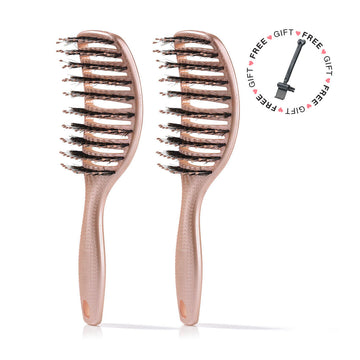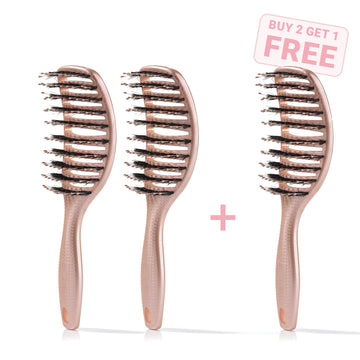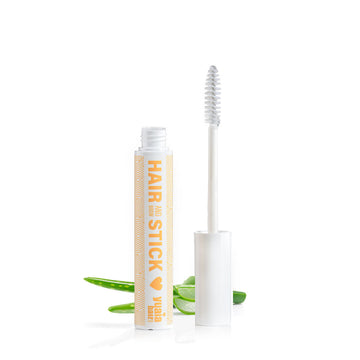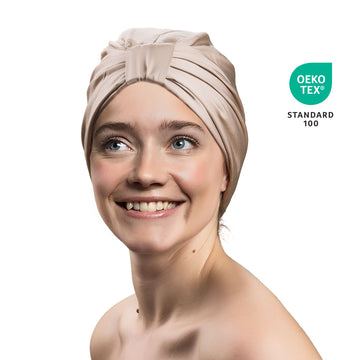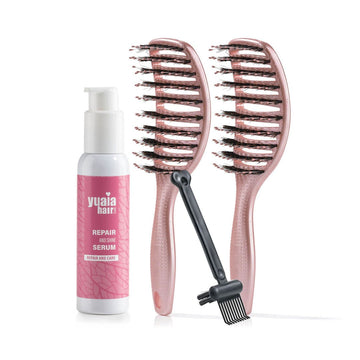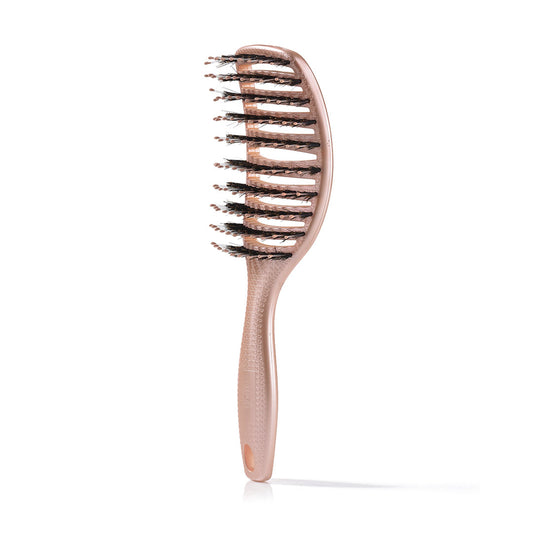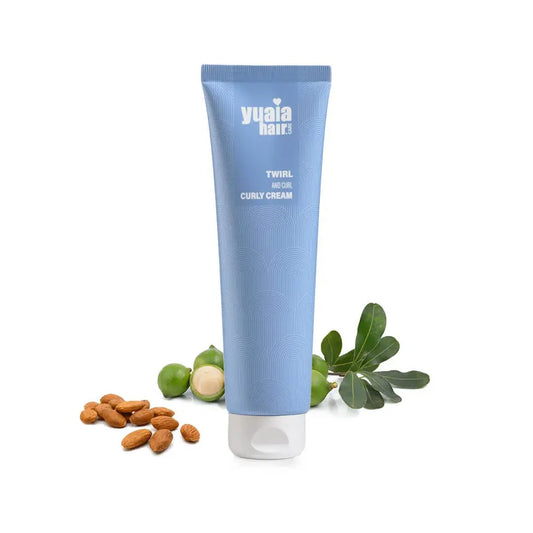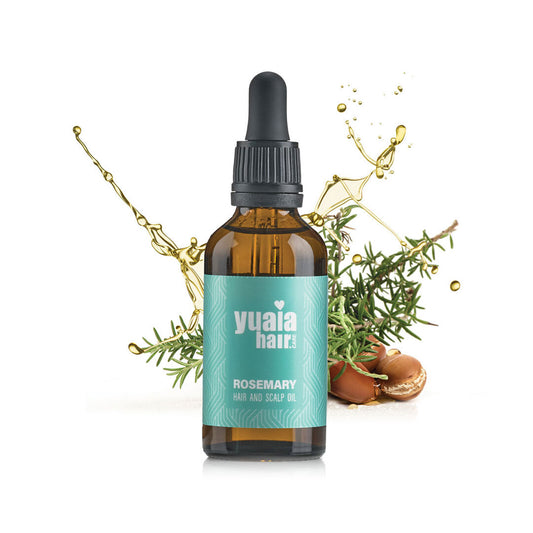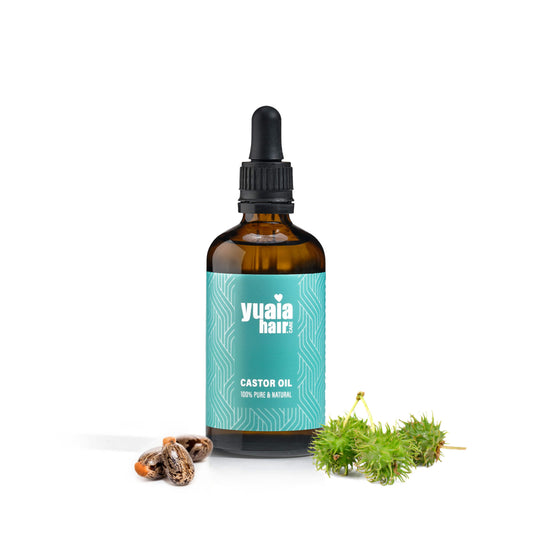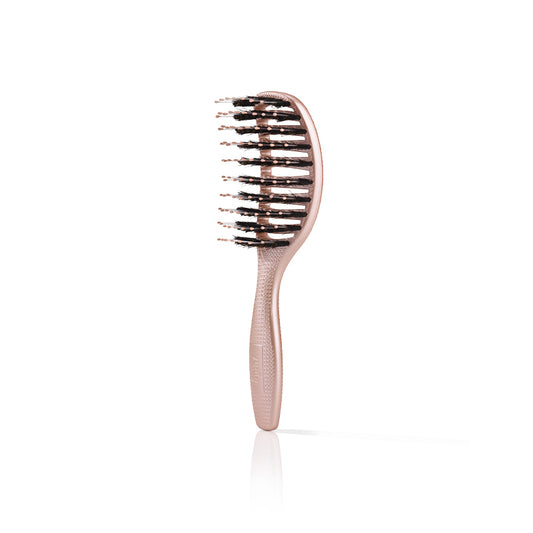
Understanding the effects of over-oiling
When it comes to hair care, moderation is key. Over-oiling your hair can lead to a variety of issues that affect both the scalp and the hair itself. While hair oils are designed to nourish and protect, excessive use can backfire, causing more harm than good.
Clogged follicles and hair loss
One of the primary concerns with over-oiling is the risk of clogged hair follicles. Excess oil can form a thick layer on the scalp, trapping dead skin cells and sebum. This blockage can lead to chronic inflammation, which impairs oxygen and nutrient delivery to the hair roots. Over time, this may contribute to hair shedding and even long-term hair loss.
Dandruff and scalp conditions
Excessive oil can exacerbate dandruff and promote the growth of fungi on the scalp, such as Malassezia. These microorganisms thrive in oily environments, leading to conditions like seborrheic dermatitis. Symptoms to watch for include itching, flakiness, and irritation, which can be signs of an over-oiled scalp.
Greasy, limp hair
Applying too much oil can weigh your hair down, making it look flat and greasy. This not only affects the visual appeal but also presents styling challenges. Hair that appears limp and lacks volume can be difficult to manage and style, reducing its overall aesthetic appeal.
Scalp acne and skin irritation
Excess oil doesn't just stay on the scalp; it can migrate to nearby skin areas like the forehead and back. This can lead to clogged pores and acne, often referred to as scalp acne. Additionally, the skin may become irritated, resulting in redness and discomfort.
Breakage and tangling
Sleeping with overly oiled hair can cause tangling and increased breakage, particularly in fine or damaged hair. To minimize these risks, it's important to apply oil correctly. Focus on the mid-lengths and ends of your hair rather than the scalp. This approach helps prevent the negative effects of over-oiling while still providing nourishment where it’s needed most.
For those with curly hair, consider using a product specifically designed for curls, like our Twirl and Curl curly cream. It enhances and defines curls without causing buildup.
Preventive measures for balanced oil use
To maintain healthy hair without the downsides of over-oiling, it's crucial to adopt a balanced approach. Here are some practical tips:
- Application techniques: Apply oil sparingly and focus on mid-lengths and ends rather than the scalp.
- Frequency guidelines: Adjust the frequency of oil application based on your hair type and condition. Fine hair may require less frequent oiling compared to thicker, coarser hair.
- Product choice: Opt for lightweight oils that are less likely to cause buildup. Our rosemary hair oil is a great option for nourishing the hair without weighing it down.
By understanding the potential downsides of over-oiling and adopting a balanced hair care routine, you can maintain healthy, vibrant hair without the unwanted effects.
Additional insights on over-oiling
While the effects of over-oiling can be challenging, understanding how to use oils wisely can help you enjoy their benefits without the drawbacks. By focusing on techniques and products that cater to your specific hair needs, you can prevent common issues associated with excessive oil use.
Practical tips for balanced oil use
Achieving the right balance in oil application is key to maintaining healthy hair. Here are some tips to help you manage oil use effectively:
- Application techniques: Focus on applying oil to the mid-lengths and ends of your hair. This approach nourishes the hair without overwhelming the scalp with excess oil.
- Frequency guidelines: The frequency of oiling should be adjusted based on your hair type and condition. Thicker, coarser hair may benefit from more frequent oiling, while fine hair might require less.
Product recommendations for scalp health
Choosing the right products can make a significant difference in preventing oil-related issues. At Yuaia Haircare, we offer products made with natural ingredients, ensuring that your hair remains healthy and vibrant without the risk of harmful chemical exposure. Consider using our rosemary hair oil, which is lightweight and less likely to cause buildup.
Brushing and oil distribution
Effective brushing techniques can also help manage oil distribution. Using a boar bristle brush, like our Curvy Brush, can evenly distribute natural oils from the scalp to the ends, preventing buildup and promoting healthier hair.
Frequently asked questions
Can hair oil cause hair loss?
Excessive use of hair oil can lead to clogged follicles, which may impair nutrient delivery to the hair roots and result in hair loss over time.
What to do if scalp feels greasy?
If your scalp feels greasy, consider using a clarifying shampoo to remove excess oil and adjusting your oiling habits. Focus on applying oil to the mid-lengths and ends, rather than the scalp.
Best oils for preventing buildup?
Lightweight oils, such as rosemary oil, are less likely to cause buildup. They provide nourishment without weighing the hair down, making them ideal for regular use.
 2-5 päivän toimitus
2-5 päivän toimitus
 100 000+ tyytyväistä asiakasta
100 000+ tyytyväistä asiakasta
 Tyytyväisyystakuu
Tyytyväisyystakuu








